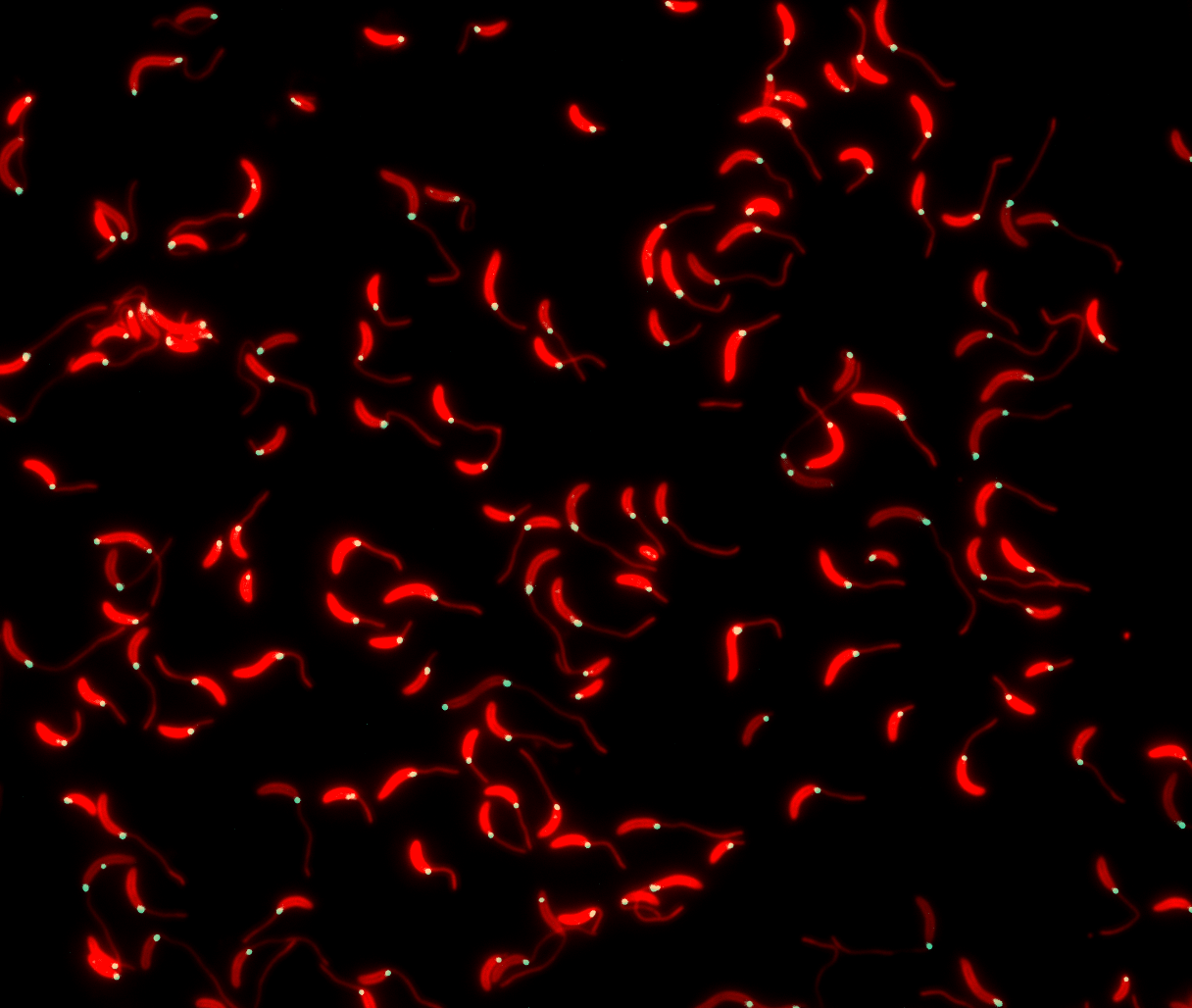The PhD in Microbiology is earned through a combination of graded courses, oral and written examinations, and independent research resulting in first-author publications. We empower students to design a program, in consultation with advisors, that aligns with their academic background and scientific and career goals. Degree requirements and course offerings are fully outlined via the links below.
Official degree requirements Microbiology grad student handbook Contact us Illinois Graduate College handbook Resources for MCB grad students
Microbiology Graduate Course Offerings
During your first semester, you will take two core courses: MCB 501 and MCB 502. Both are designed to provide you with a strong background in cell physiology, biochemistry and genetics. Subsequent coursework is selected to complement your interests and area of research. Courses in the Department of Microbiology are designed to give you a broad and thorough background in cell physiology, biochemistry, microbial diversity, and genetics. Course requirements in the PhD program include the following.
First Year
MCB 501: Advanced Biochemistry; MCB 502: Advanced Molecular and Cell Biology
Second – Fifth Years
- MCB 540: Scientific Writing. Taken during the fall semester of the second year, this course focuses on preparing research proposals, including preliminary exam documents.
- MCB 580: Research Ethics and Responsibilities. It is strongly recommended that this course be taken in the fall semester of the second year of graduate school.
- MICR 595: Microbiology Graduate Seminar. Students enroll in this seminar-series based course every semester and should attend all departmental seminars. Departmental seminars take place at 4 p.m. on Thursdays. Student seminars are held at 4 p.m. on Tuesdays. Students are also strongly encouraged to attend all Training Grant seminars (four-five per year) and all School of MCB Distinguished Lectures (four-five per year).
- All students need to take six credit hours of 400-500 level microbiology courses (two lecture courses) and 2 credit hours of MICR 590 graduate (or analogous) discussion courses that may be associated with the lecture courses. The required MCB 585 discussion course, which students are encouraged to take in the spring of the first year, counts for one of the two discussion courses. In addition, the scientific writing course (3 credit hours) is also required. Other 400-500 level courses outside Microbiology may be substituted if this is approved by the student's advisor and by the graduate student advisors.
- All students should be enrolled in either MICR 590 (independent research with your thesis advisor's CRN: register for this course before you pass your prelim. exam) or MICR 599 (independent research with your thesis advisor's CRN: register for this course after you pass your prelim. exam).
- Students who are appointed as TAs need to register for 14 credit hours of research and courses combined. Students who are appointed as RAs need to register for 16 credit hours of research and courses combined. The extra credit hours needed after signing up for courses should be assigned to MICR 590 or MICR 599, as appropriate.
Title
Professional development
The university offers many resources to support students with their career searches, including the Graduate College Career Development Office; the Microbial Early-career Researchers Association (microERA), a networking and professional development group for early-career scientists; and the MCB Graduate Student Association, which organizes professional development and social activities as well as outreach events.
Post-Graduation
Graduates from the Department of Microbiology are employed in colleges and universities, industry, and government. Following graduation, many of our PhD students accept postdoctoral positions at major research institutions, after which they become leaders in academia and industry. Microbiology PhD graduates can be found around the world, from managing research programs at companies such as Abbvie and Eli Lilly to directing labs at top universities and government institutes.



